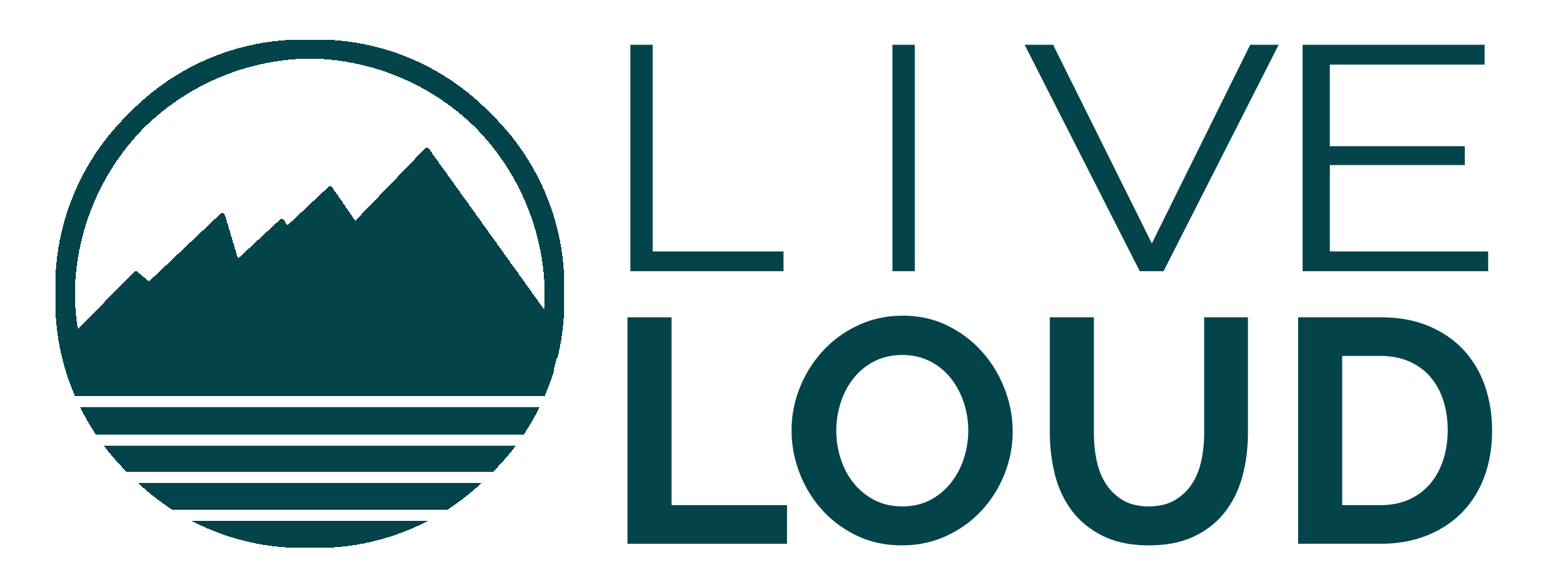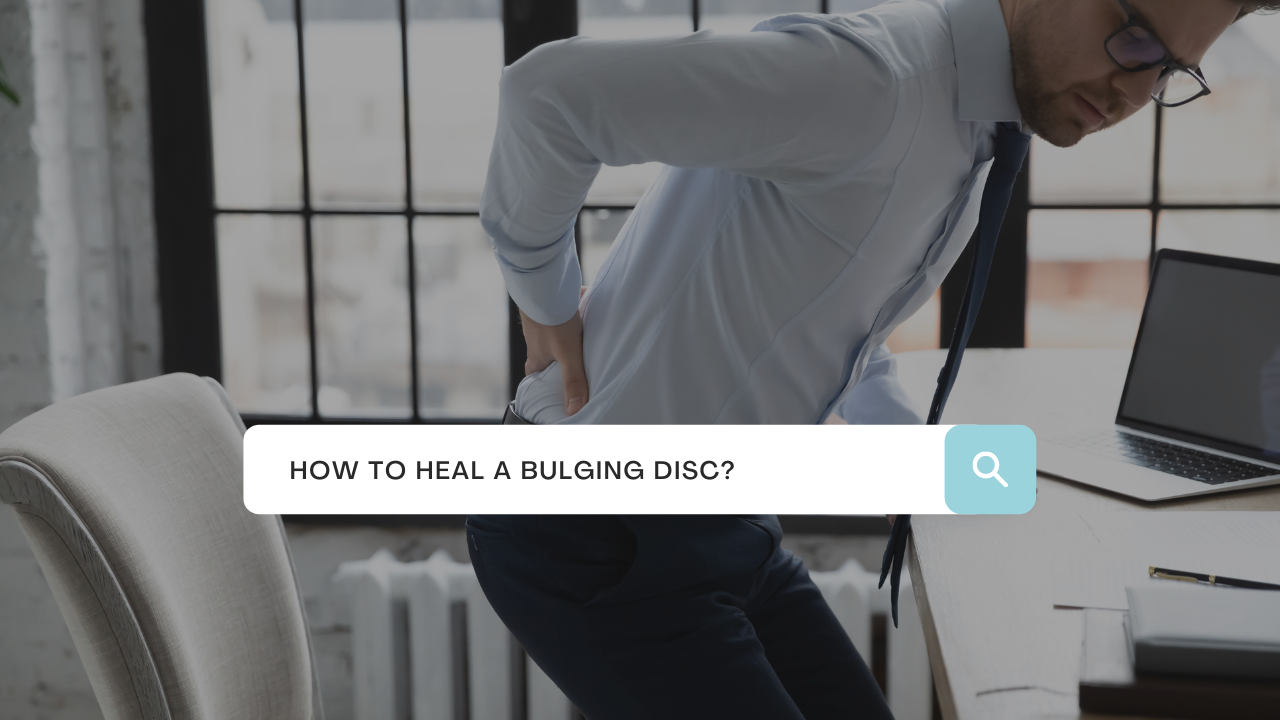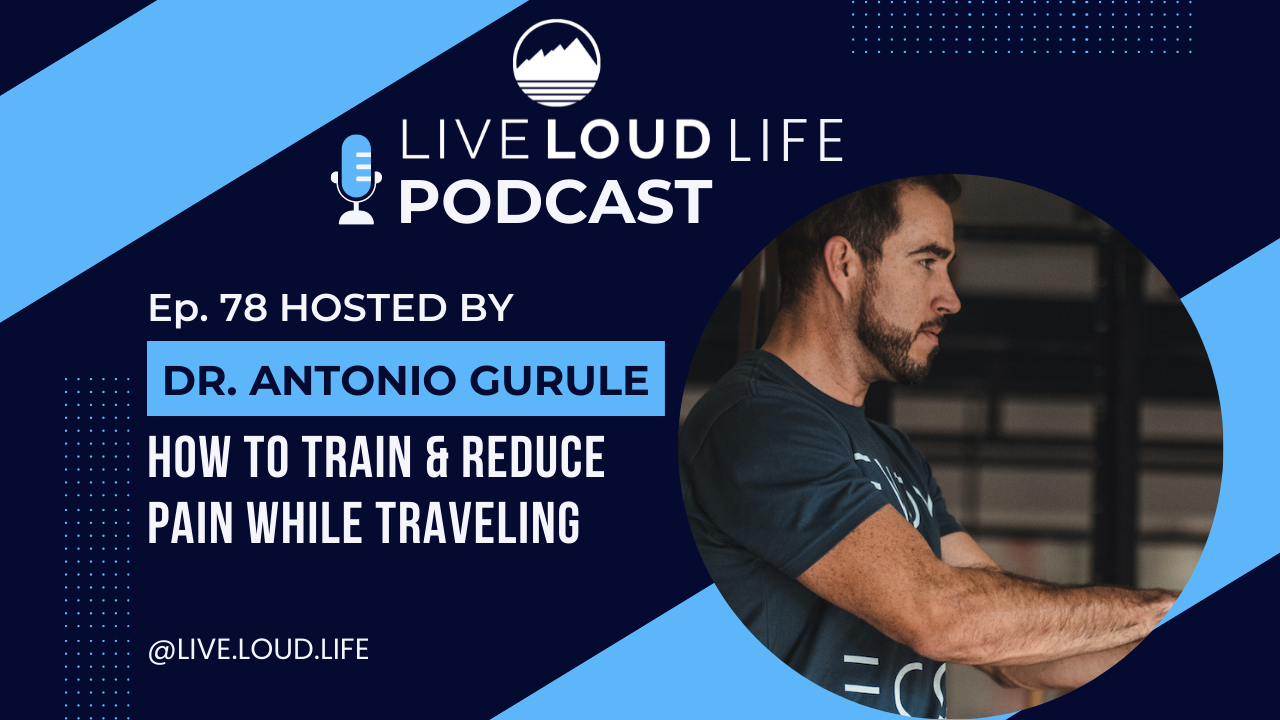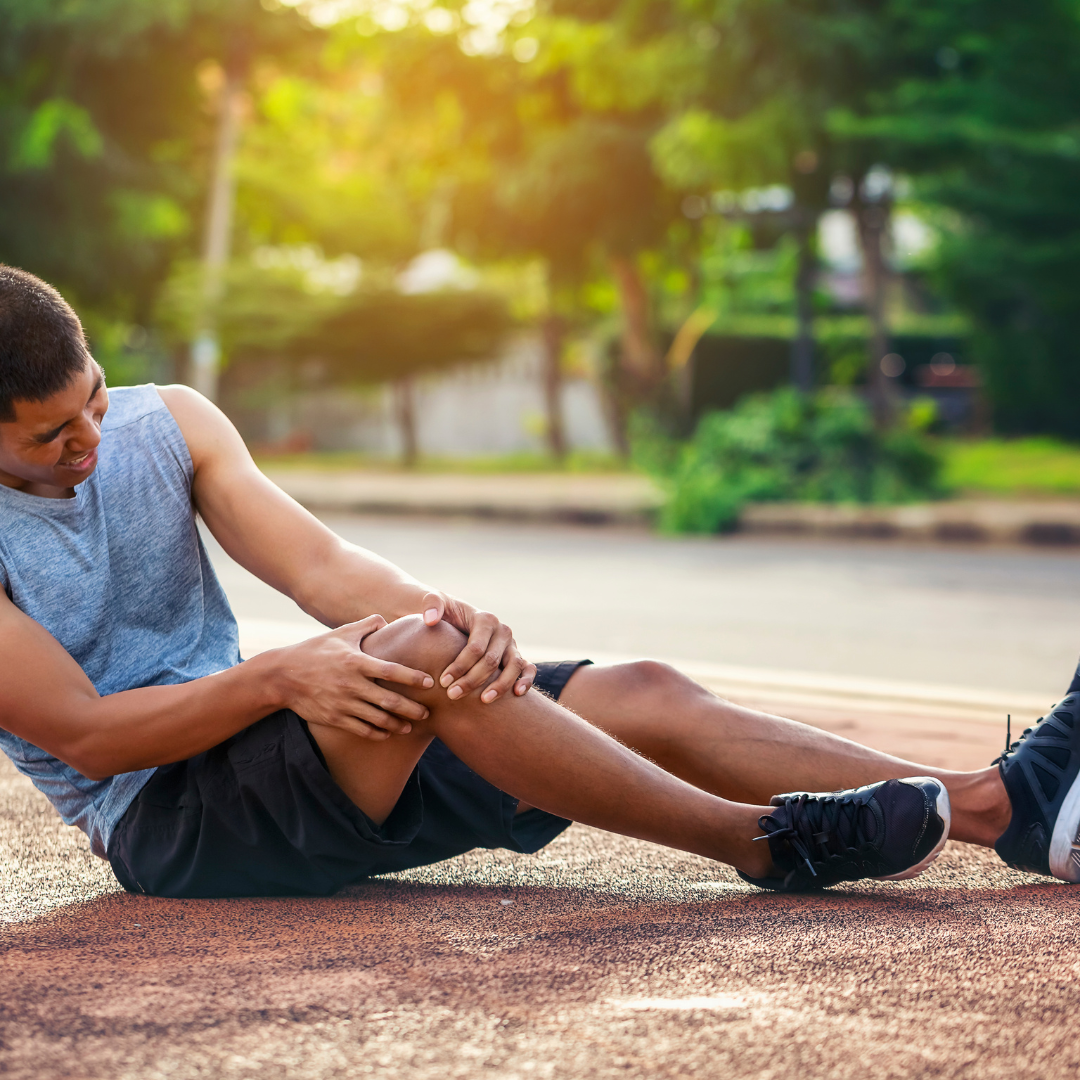Live LOUD Life PodcastLafayette Colorado
Episode 75
EP |75 Being Your Best Even When You Are At Your Worst
With Guest Rebecca Baack of Mecha Fitness
Rebecca Baack is the owner of Mecha fitness. In this episode we’re going to talk a little bit about her background with Mecha, her extensive fitness journey in the fitness industry, especially in the Colorado area, as well as her training philosophies.
Highlights
Guest Speaker (Rebecca Baack) Intro: 00:29
Intro to Mecha Fitness – 03:50
Diversity in Mecha Fitness: 05:15
Denali Adventure – 11:29
Can you be at your best when you’re at your worst- 4:00
Embrace the Suck – 19:46
Mecha Fitness https://www.mecha.com/
Mecha on IG: https://www.instagram.com/mechafitness/?hl=en
About Rebecca Baack
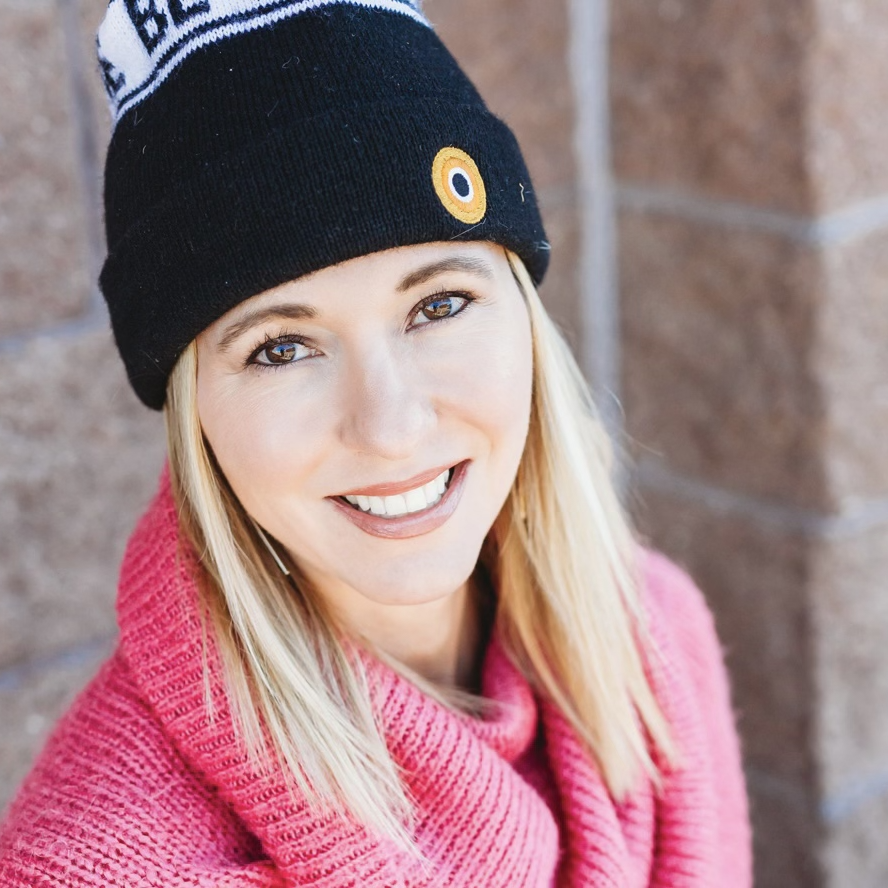
Background:
- Owner of Mecha Fitness
- Diverse Training Philosophies
- Has an extensive background in the Colorado Fitness Industry.
Check Out Some of Our Other Blog Posts and Podcast Episodes
How to Train & Reduce Pain When Traveling | EP 78
September 21, 2022
by Editor | Live Loud Life Podcast
0 Comments30 Minutes
How to Audit Your Injuries EP|49
Rehab & Pain/Injury Recovery,Podcast
February 26, 2022
0 Comments29 Minutes
Can you be at your best, when you’re at your worst?
SUMMARY KEYWORDS
mecha, people, denali, cardio, summit, strength training, core, hiking, yoga, grit, locations, altitude, pandemic, fitness, training, love, add, guide, deadlifts, power
SPEAKERS
Anthony Gurule
00:29
All right guys, welcome back to another episode of The Live Loud Live Podcast based in Lafayette, CO. I’m here with Rebecca Bach. She is the owner of Mecha Fitness. we’re going to talk a little bit about her background, as she was sharing her extensive fitness journey in the fitness industry, especially in the Colorado area.We’re also going to get into some of her training philosophies. Finally, we’ll get in to some of the more recent adventures she’s been doing. I’ve been following along on social media, which actually looks really epic. We’re just gonna kind of chat and see what Mecha and you’re about. So thanks for having me. Yeah, so Introduce yourself. Give us a little bit about the as far back as the history if you want to. My name is Rebecca. I am the owner of Mecha Fitness in Boulder and Louisville two locations. I’m the co owner of 34 core power locations around the US and a co owner of Ape Co Movement school which is located in Boulder and in Edgewater down in Denver. When did you first start? You were the first franchise with Core Power correct? That was back I want to say mid 2000s. I opened core powers first franchise location, Broomfield east, okay, so over on 144 symbol, and then core power franchise for a while to a couple of their partners. Then they stopped franchising for a while I had I opened also the Flatiron small location, okay. And then I joined forces with some other co workers I knew from the telecom industry. So my background is in telecom, corporate strategy. And we combined our locations and then continued to expand. So in total, we have core powers in North Denver, South Denver, suburban Chicago, the Carolinas, Charleston and the Phoenix, Arizona area. Wow. That’s awesome. Yeah, a long time. Yeah, a long time. So I did that was the core power for probably like, little over 15 years. And then so you guys probably can’t see on the video here. But we’re sitting in a very different room than what core power would be. So walk me through what was the journey of starting Mecca? Like how did that transition into in now? What is this.
02:52
so I, there’s a lot, there’s a big journey on this. So core powers, corporate parents had exercised a buyout option of the core power locations. I’m part of that transition was set to occur in April 2020. And we all know what happened in April 2020. And so we kind of got stood up at the altar in that transaction, and then took them to court for that. And that’s still in the legal process right now with them. But as part of that journey, I could see that that was coming to an exit, whether I wanted it or not. Yeah. And started looking for other opportunities. Mecha was owned by two other owners. So I I’m not the founder of Mecha. It had shut down during the pandemic, like everybody had to you know, so I purchased it out of COVID shut down, and then reopened it. And then grew it to this location here in Louisville.
03:50
So obviously you had a very strong feeling about the possibilities of Mecha. Yeah, to be able to revive for Yeah, I tried it when I was at core power. So it used to be on the Pearl Street Mall, and it was called Coco fit. Not on the Mall area, but on the east East Pearl Street. And a lot of yoga teachers were were going there because they loved it because it’s similar to yoga and that it’s really slow paced and about mindful alignment, but more strength training focus to it. So I loved the brand. I love the concept back then, since then, the owners had added on the cardio element to it as well. So there’s a second, there’s kind of two concepts under one roof. So this this room that we’re sitting in, which is the low impact strength training room, and then the other room which is the low impact cardio hitt room so took that on and expanded it to Louisville in 2021. So I’m curious to get your perspective on this because someone who does not do enough yoga, but having conversations with those that enjoy yoga is a I think it’d be valuable to get your perspective for someone who has so much background in that, but yet also doing strength training. And then also seeing you do deadlifts and things like that. Right? We’ll get into that is, how do you where do you how I’m gonna say one is better than the other? But how does this benefit someone who strictly does yoga, thinking yoga? Is enough strength? And that’s obviously a very specific definition for the person. Sure, right. But I think enough people do yoga, we’re like, Well, I’m getting strength training through yoga, but I feel they need some more. So how could this be different? How would this benefit them?
05:35
Right? Right. I mean, I would say, like, the first principle is just do movement that you love. So if you love yoga, and it keeps you coming back, then awesome, keep doing yoga. At some point you sort of tap out on yoga, it’s all bodyweight-based in yoga. So you can’t add weight to it in any kind of realistic way. So you just get to a point where there’s no juice in the squeeze anymore. What’s nice about the resistance classes we have is it’s all spring-loaded tension. And so you can add weight as you go, you can constantly be progressing in this room. It feels, in your body, similar to yoga, and that it’s mindful and slow. So that’s really why I think people in some ways, I mean, they you know, yoga is awesome for a lot of different things to but it I guess, quote unquote, kind of graduate from yoga as their physical practice, because they just top out and you know, the bodyweight holds of it, and they need more resistance to
06:41
- Yeah, that’s, that’s such a good point. And like you said, there’s, it obviously depends on the goals, the context of the person. And yes, doing the thing that you enjoy keeping you back is huge. So that’s good. It’s a good stepping stone and into some other stuff. So then the cardio piece, which is in the other room right next to us, right? What are some of the equipment that are pieces of equipment or things that you guys utilize over there? Yep. So
07:03
we use Versaclimber. Over there, which now there’s not that many gyms around that use it and it is killer. It’s a great low impact, contralateral workout too, so good for your brain. You can add resistance to that machine as well. So you can do a resisted climb on it. So we use Versa climbers, we use assault bikes. So rogues assault bike, and which is common in the CrossFit industry, most people are familiar with that. But that is also killer piece of equipment. And then we use skiers, so a standing skier, platform, and then we have weights, free weights, we have a pull up rig, TRX, slam balls, all kinds of equipment. So you know, it’s different every day, depending on what day you come. And, but you’ll always be on those three cardio machines and doing like some kind of cardio challenge. And then some sort of floor work challenge as part of that.
07:52
That’s awesome. I mean, that was, I think that’s what’s so great. It’s just it, it gives you the taste of what people liked, but then also like diversification, because I know for me, and bias Lee, I have certain things that I enjoy more, and I don’t diversify enough, which is, you know, that’s another conversation. But that’s good. It’s good, because you can hit all those different things in such such a different time. Yeah. But for you and your training, you’re adding another layer to that walk us through some of the training that you currently are doing.
08:21
yeah. So I also do just heavy strength training. As we’ve talked about before, I have a gym in my garage. So you know, classic lifts, front squat, back squat, deadlifts, benchpress, you know, the classic ones. And so I like to do that as a compliment. Actually, I would say that’s like, my main probably my main focus is strength training. And then I’ll take resistance maybe twice a week. I like resistance because it’s unilateral work largely. So it’s good for stabilization of both sides of your body because as you know, as a strength trainer, you tend to in any move like a deadlift, like dominate into one leg. Yeah. And so you have to be you have to constantly be managing that trying to make sure both legs joints are equally strong and you’re getting like same tension both sides to prevent prevent injury or weightlifting, you know, so a lot of people love this room that do that kind of bilateral work like cyclists or runners so that they can work on one side of their body and the other and get symmetry. So I like this work for kind of my this is sort of my accessory in my core work yeah, and then I’m a big believer even though cardio is not my favorite thing to do. I mean, I love hiking, I will get cardio hiking, but hitting that like max heart rate threshold like one to two times a week just a minimum dosage, you know of a couple minutes of maybe some sprints or whatever it is that’s like really pushing your cardio threshold. I’m a big believer in that for just health and wellness and longevity in your life and also being able to then pick up when someone asks you if you want to climb a 14 or and it’s like right away no problem you know you don’t get altitude sick and it’s it’s fine. So
09:59
does Your training also include like a subset or baseline of steady state or is that just basically the hiking that you get? So yeah, is sufficient for that. Yeah. I mean, I would say that for steady state cardio, that’s when I just do the stuff I enjoy, like a walk with my dog or a hike or something like that. But yeah, I never just get on a treadmill or just, you know, go for 45 minutes or something like that. That’s not my, my personal preference. Yeah, that’s no, that’s great. I mean, and that’s what, that’s what so many people I don’t think are doing well, I see. I see. I feel like a dichotomy of not doing enough and or doing too much of it. We’re not seeing the balance of having some steady state. They think just redlining all the time. Oh, yeah, is the best.
10:44
Yeah, I definitely, you know, try to talk people out of that coming every single day to Mecha, taking Dell, you know, double up both classes, because what’s great about Mecha is the workouts are short, they’re only 50 minutes long. And they’re very intense. And that’s how I like if I’m going to, if I want an adaptation in my body, like hit the intensity really hard and do it for a short amount of time, like minimum viable product, you know, no more than that. Because then you get wear and tear on your body and just things start breaking down. And I think in Boulder County, in general, we all like fitness, because it’s like our mental health, too. So you got to be mindful about the overtraining, just like you said, because we actually enjoy it. You know, a lot of people just didn’t enjoy the fitness and can tend to overdo it.
11:29
For sure. Yeah. And I think I mean, the minimal viable product term is something I use a lot too, because it’s like, wow, we enjoy fitness. Like, wouldn’t you enjoy doing other things other than just fitness? If you can get what you want out of just doing this? Would that be enough? For sure. And most people would agree. But then yet they think, Well, if I get it out of this, if I do more than wholesale get more, right. But sometimes it goes the opposite direction. Yeah, absolutely. Absolutely. Yeah. That’s a good point. So with that a lot of this has been obviously supplementing and supporting some of your recent adventures. Yeah. I’m curious to hear how some of those were. Sure. So what you’re referring to is I just I attempted to summit Denali. Let’s see that was last month. And my training for that was largely like strength training, a lot of spine stabilization and isometric spine strength. So a lot of one arm heavy, carries nice, you know, for a mile on the other eye, that is where you would use a treadmill sometimes. And strength training work for that, getting a lot of like load in the hips. So my hips could stabilize my knees, you know, work in that whole chain up and down. And, and then the, you know, cardio realm, because I needed to work that but sort of hypoxic state that you have to be in at altitude. And it’s a great way to do it in a short period of time. Like, it’s hard for me to do sprints, or like run outside sprints or something like that. So being able to do that on the Versaclimber where it’s not impact. And I could just completely gas myself and like hit that max heart rate threshold in 30 seconds, and just do that a couple rounds. That I mean, I went into Denali being just feeling really strong really fit until I got to the top. And when we crashed and burned, was it. Do you think it was sheer altitude? Factor? Yeah, for
13:25
sure. So I was starting to show signs of of high altitude pulmonary edema. Like I really fought for that summit hard. I got to summit day, I lasted, I don’t know, seven hours through summit day. So got through all the technical terrain. And you’re at your like the very last part, you’re literally like at the base of that final Hill, it’s maybe a third of a mile. It’s the first time you can actually see the summit from the entire time you spent on Denali, like you can’t see the summit until really right there. And I started having like wheezing, you know, with my breath. And like we were at a final break the break where you get to take off your backpack and go without your backpack. And that’s it, you’re done. And I was just like a puddle on the ground. And it like really terrible flu like symptoms, and the guide was like you still gotta get down. Yeah, so I don’t think you should I think like you need to just chill and rest and I sobbed. It was all I mean, I just was so crushed. And I was you know, I was also just crushed because the youngest guide had to stay with me. So I limited his ability to summit so I just felt terrible about that too. And that was super humbling. But then the hardest part was in getting down because all the technical part of the route I’d already done, so I had to get down that piece. And the guide you know, there’s there’s all sorts of like protective equipment on Denali, like stuff where you clip in. So in case you fall like not everybody falls and you’re safe. Because of the state I was in, they were worried about me bending over and clipping and unclipping into the carabiners. Oh, yeah. And so the guide was like you, me, and in this another client that was on the trip, are going to travel down unhooked. And I was like, I’m not comfortable with that, you know, because I like that. I mean, we’re all going to risk our lives, like, Isn’t there another way? And he’s like, No, this is the safest way. Like, I don’t think you should bend over, like clip in and clip out. And so none of us will clip in. And I was concerned, because, you know, I had done a lot of research about Denali, and where are the places where there’s been accidents in the past. And so, you know, we had to travel down these sections, which are, you know, you’re literally walking a tightrope ledge, foot in front of foot, and it’s a sheer drop off, and we didn’t clip in. And so I just was like, you know, I really am a believer of training grit. And one of the levels of grit is like, can you be at your best when you’re at your worst? And so I just like, the whole time, I was thinking, like, I gotta be at my best, even though I’m at my worst, because if I slip and start sliding down, and they can’t self arrest me, like, all three of us go down. So just trying to make every step perfect. On the way down, which I did, and we got down. But then like, once I was at kind of the bottom of each technical section, I had to melt into a puddle for a while. Yeah, sure, recover is just took everything out of me to get down there and keep every one that was on my team safe and be safe. And it was, it was pretty challenging. I mean, one of the most like humbling experiences I’ve been through for sure, to where, like, at the end of those two days, there’s sort of two days of technical climbing to get down, you know, I would just be a puddle, and my, my tent mate, who was the one who was on my rope, would like, take off my boots, change my socks for me, you know, bring me food, just do everything she could to take care of me, like the whole team carried a lot of my weight. But right around right around 11,000 feet. Like it’s just changed, I just perch right back up. So it really was that altitude and, you know, like, I really, I would like to try it again. I hope I get a chance to try it again. I learned a lot. One of the big things I will do differently next time is I will take the freakin Diamox which is altitude sickness prevention medication, I wasn’t taking that in the dosage that was recommended. And so you know, that in addition to a whole host of other things that I learned, but it was also I don’t regret any of it too. Because like if I just strolled to the top and been able to take like the sweet Instagram photo, you know, to my eyes, sacks and everything like that. I learned so much from this and it really cracked open my heart in a way that I think I needed you know, to experience having people need to take care of me and to be the vulnerable one and to be the weak one. And so no matter what I don’t regret like any moment of that journey it was a fantastic and amazing
18:14
that’s an amazing story. I’m so I’m so obviously medication helping outside of that. I mean, we have big peaks, but is there any way to get additional high altitude training? Yeah, I mean, you you can like step on a mountain, right? Like you can like buy the expensive tent that you sleep in, you know, in your house. So you can like do that. Yeah, I think that’s what a lot of people that live at sea level do. Yeah, I I did like some winter fourteeners a lot of winter hiking. And I have no problem at 14,000 feet. I mean, a lot of the people on the team were feeling sick at 14,000 feet, and not doing well. And I was I was fine there. It was 17,000 feet was where I started not to feel great. I didn’t sleep the night before we summited. And I, when you get to the next camp, the high camp at Denali, you have to build camp too. So I was like sawing ice blocks out of the mountain. Like we had to like stack ice blocks up around our tent. You probably didn’t get to bed till 11pm that night. And then you’re at 17,000 feet, so it’s hard to sleep. I didn’t sleep at all that night. I woke up the next morning already nauseous, no sleep, having a hard time getting water down. I mean, it was kind of like already a train wreck from from the start, which was the summit of Denali
19:30
20,330 I believe or 20 Somewhere around 20,300.
19:35
so in you had mentioned being a believer in grit, right being your best at your worst, and just from a cause. I mean, I think most people would understand this, but how does your everyday training philosophy and mentality like built into it?
19:51
I’d say a lot of it is doing things that suck. Doing stuff you don’t want to do. I did a lot of cold weather hiking. I did a lot when I was tired, still getting up in my garage doing back squats, even though I just was exhausted or didn’t feel like it. Just pushing through and that, you know, that sort of saying embrace the suck. Trying to find situations where you have to embrace the suck.
20:24
Do you do anything? So this is a failure because Jaco willing, he talks a lot about this, right? And a lot of people do, right. And it’s using physical suck to harden you mentally. Right? Which, which makes sense, right? Because you just have to overcome something. Is there anything that you do from a mental perspective that’s consistent that helps with that?
20:46
Yeah, I would say opening opening gyms in the middle of a pandemic. That’s definitely a good mental challenge. I opened really like three three gyms across two different fitness concepts throughout the pandemic. So that takes a lot of hard work, a lot of grit, a lot of smarts, a lot of just scrappiness. So that is one of them. You know, I haven’t been back since the pandemic, but I was a practitioner of jujitsu prior to the pandemic. And I think that is an also a fantastic way to build grit and calmness under pressure, you know, literally under pressure. They’re like, so somebody laying on top of you and just like waiting for them to make a mistake. You know, that patience? Yeah. So that that one as well. And it’s something I’m always seeking out and thinking about, like, if I’m if I don’t feel like I’m being challenged, emotionally and spiritually, I’ll think about like, what would be something that I could take on? That would be a struggle that would push me in that way? Where I could learn.
21:54
That’s amazing. I love that. Yeah. Thanks. I mean, I think that’s a kind of a cool way to wrap up. I don’t have any other questions. Other than maybe if there’s anything you wanted to add about how you added it’s the cardio, the resistance training, being supportive of obviously bigger goals, but Yet can be a standalone as well alone. Yeah, obviously, not everyone has Denali goals. Sure. I know it’s a little bit better or differently tailored. But is there anything else you wanted? I mean, that was an awesome story. Is there anything you else you wanted to add or any other like big mission that you have coming
22:31
big mission?
22:33
You know, just like enjoying life, figuring out work life balance? I have kids too. We talked about that, and figuring out like, how do you get them to build grit? You know, how do you push them? Let’s add a little bit that I mean, because I wouldn’t say the majority of people listen, our parents but a lot of people who are part of Live Loud, are parents, but a lot of us are younger, right? Parents, right? Meaning our kids are like my oldest is six. What are some of the ways you’ve tried to instill that mental toughness and grit and teaching your kids like, hey, the worlds not all roses and butterflies?
23:08
Definitely. I mean, I’m a big believer in chores. It Oh, and giving your kids chores. I had a lot of chores growing up. And that was what like someone who used to work restaurant industry told me that’s the first interview question she would ask people is what choice did you have growing up? They couldn’t answer that. She’s like, interviews over. Yeah. So I’m a big believer giving them chores Yeah, just a simple response for that. But yeah,
23:33
it works really well. Yeah. It also just, I mean, from early get go, to his chores, and a sense of not like you have to do these things like hey, we’re part of a family. This is a collective thing together as part of this being a unit. Yeah. Yeah, for sure. That’s awesome. For sure. Well, this was amazing. Thank you so much for sharing. I love the gym. This is an amazing setup. And I loved hearing that story. And hopefully we get to see a Denali Summit. Fully someday, maybe in a year or two. Yeah, really. Back to the drawing board. Yeah, yeah, for sure. Thanks so much for Antonio. Perfect, that was fun. Thank you a super wild adventure. I mean, I loved it. And you know it’s funny because we the only
–
